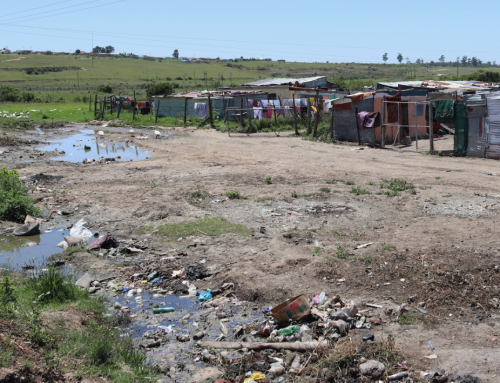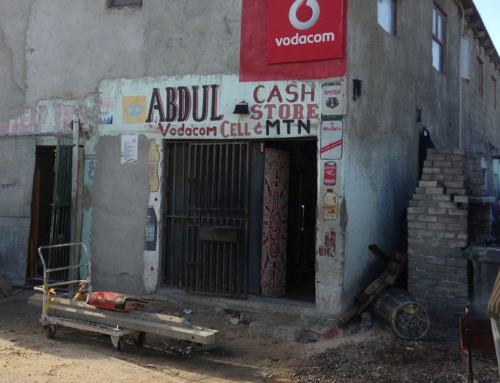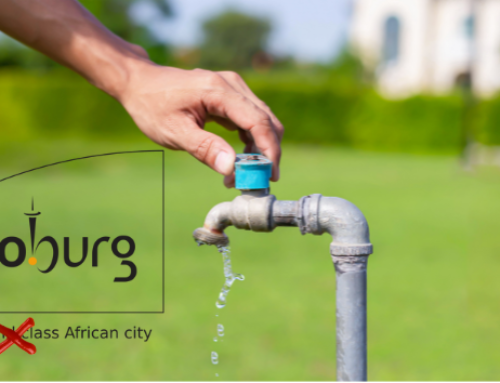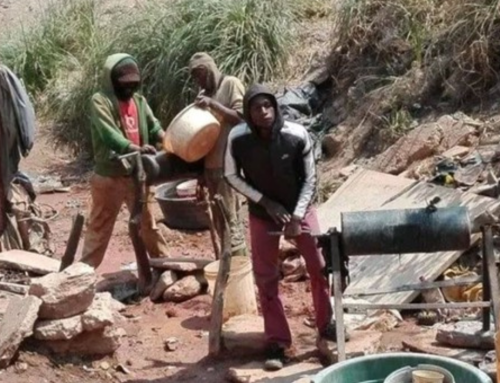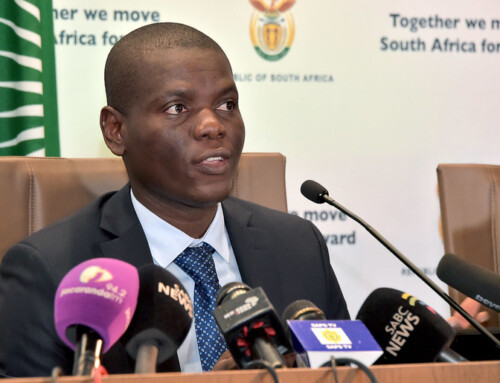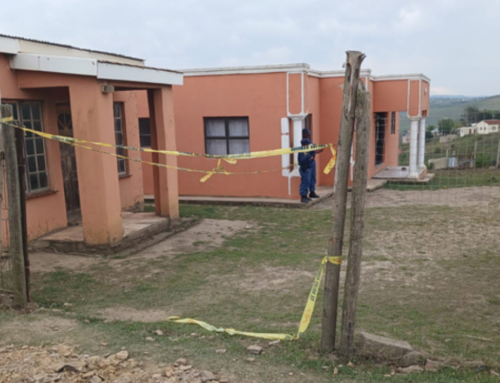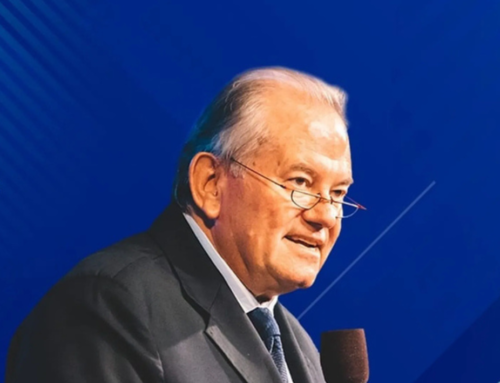 Opinion by Zandile Phiri, Acting Secretary General of the United Democratic Movement
Opinion by Zandile Phiri, Acting Secretary General of the United Democratic Movement
The United Democratic Movement (UDM) is deeply concerned about the precarious state of healthcare in South Africa. Recent reports have highlighted dysfunction within hospitals, the shedding of healthcare jobs and maladministration. This deterioration in the public healthcare system not only endangers the well-being of citizens but also undermines the country’s ability to provide adequate medical services, especially to the most vulnerable communities.
We have taken note of the appalling situation at the Kopano Hospital Complex in Welkom, Free State. The hospital has reportedly been gutted and vandalised, leaving it in a shocking state of abandonment. Additionally, around 250 illegal squatters are occupying asbestos-laden buildings behind the hospital. To make matters worse, government officials working on the premises are allegedly being forced to operate in unsafe and unhygienic conditions, including the presence of rats. This is a clear sign of neglect and a failure of governance that must be urgently addressed.
In the Eastern Cape, the healthcare system is facing a severe crisis, with Telkom disconnecting the phone lines of healthcare facilities and emergency services due to an unpaid R68.4 million telephone bill. This disconnection has left residents seeking urgent medical attention stranded, as they are unable to reach public emergency medical services. Adding to this alarming situation, the Eastern Cape Department of Health has been flagged for a critical shortage of staff, having lost more than a thousand employees in just five months. Budget constraints, poor security at healthcare facilities, and other systemic failures are cited as contributing factors to this shocking state of affairs. The UDM is deeply concerned about the impact of these issues on the region’s already overburdened healthcare system and urges the government to take immediate and decisive action to restore services and address the underlying causes of this collapse.
In Ekurhuleni, Gauteng, Tembisa Hospital is grappling with a severe staffing crisis, leaving patients to suffer from inadequate care. The hospital currently has less than half the staff required for a tertiary institution. Although 4,926 staff members are needed to provide decent care, the present establishment has only 2,375 positions, with 140 of these vacant. Compounding this dire situation, the hospital has been without a permanent chief executive officer for over two years, adding to the instability and lack of leadership. Worryingly, since the beginning of the year, 225 staff members have resigned, including 147 nurses and 43 doctors. This exodus of healthcare workers has further strained the hospital’s ability to provide essential services, placing the lives and health of patients at risk.
The Public Servants Association (PSA) in KwaZulu-Natal (KZN) revealed in July 2024 that at least eight public healthcare facilities in the province are being run by acting chief executive officers. This lack of permanent leadership is contributing to a growing leadership crisis within the KZN Health Department. The absence of stable, long-term officials in these key positions is severely undermining the management and efficiency of healthcare services in the province, further complicating the ability to deliver adequate care to patients.
Reports have emerged that clinics in Mpumalanga have been facing a persistent medicine shortage for several months, leading to the rationing of chronic medication among patients. The HIV advocacy organisation, Positive Women’s Network, has highlighted that community members have been raising concerns since mid-March 2024. Patients report that they are no longer receiving full months’ supplies of essential medications, including antiretroviral drugs and blood pressure medication, which are critical for managing chronic health conditions.
The appalling state of health services in South Africa can, in part, be attributed to the shockingly poor work environments within the sector. According to Prof Ntobeko Ntusi, the newly appointed President and CEO of the South African Medical Research Council, the nation’s health crisis stems from several critical factors. His research highlights that “the health and well-being of most South Africans remain plagued by a relentless burden of infectious and non-communicable diseases, persisting social disparities, inadequate human resources to provide care for a growing population, and a crisis of governance in health.” This combination of factors—overburdened healthcare systems, insufficient staff, and governance failures—creates a dire situation where healthcare professionals struggle to deliver adequate care, and the broader population suffers as a result.
The UDM strongly asserts that health infrastructure and services in South Africa must be improved, as the quality of healthcare buildings and their maintenance is clearly below acceptable standards. The unacceptable hygiene conditions in many clinics must also be addressed immediately to ensure a safe and healthy environment for both patients and healthcare workers.
In line with the UDM’s public works policy, the party proposes that job creation can be achieved through infrastructure maintenance and development. This will be accomplished through Planned Sustainable Development programmes, prioritising the provision of quality health facilities. These initiatives would not only improve the state of healthcare buildings and services but also create employment opportunities for South Africans.
The UDM also emphasises the critical importance of addressing how budget allocations for staffing in the healthcare sector are being utilised. The National Health Minister, together with provincial MECs, must conduct a thorough review to ensure that these funds are directed appropriately to tackle staffing shortages and enhance working conditions within the healthcare system.
However, we acknowledge that the path forward will be challenging, given the budgetary constraints and the significant obstacles involved in bringing healthcare infrastructure and equipment up to standard. It will require dedicated efforts, strategic planning, and collaboration among all stakeholders to overcome these hurdles and ultimately improve the quality of healthcare services for all South Africans. The UDM remains committed to advocating for the necessary changes and support needed to achieve these goals. Ultimately, we call on the Government of National Unity to address the dire health care situation in the country as a matter of priority.




